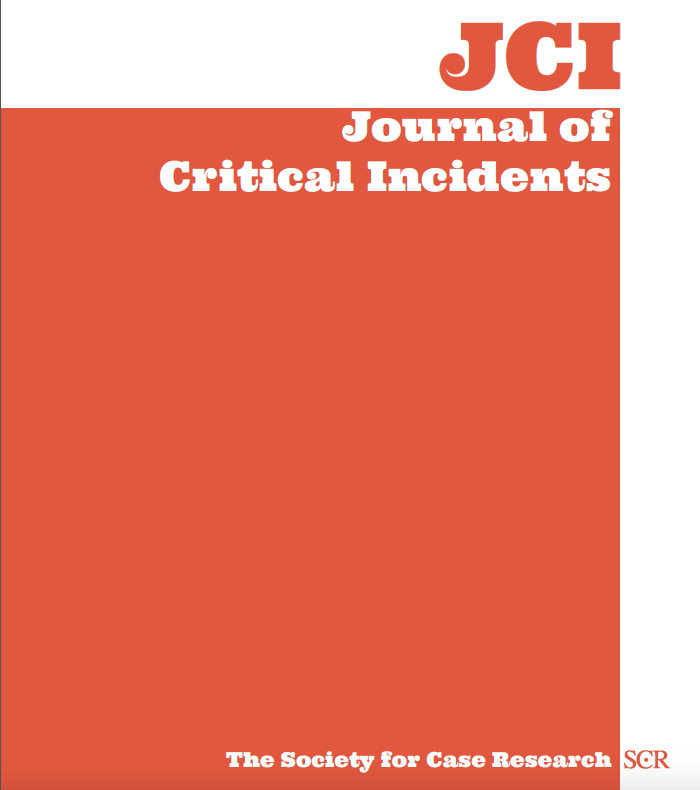Challenges of COVID-19 Vaccine Rollout

When Ann Mary Price, who was 70 years old and worked for the West Virginia State Senate, snatched a Covid-19 vaccine appointment on the first try, she was elated. But disappointingly, an email the next day canceled the appointment (Ferguson, 2021). She tried again and found an appointment at a local hospital the following day. However, when she showed up, the hospital would not honor the appointment because the vaccines were only available for hospital staff. On her third attempt, she was blocked again because the system indicated that she was already scheduled for an appointme t Sadly, her story was not an isolated incident. Millions of Americans shared their frustration with the chaotic rollout of the vaccines in early 2021. Price’s situation worsened because West Virginia, as well as at least nine other states, were using a $44 million newly developed Vaccine Administration Management System (VAMS) built by the Center of Disease Control and Prevention (CDC) for vaccine scheduling (Ferguson, 2021). With thousands of people dying daily, it was imperative to roll out the vaccines quickly. However, many states were hampered by system issues. What were the reasons for the poor system development? How could the states have better tackled the situation? What could health departments learn from these challenges, so we could be better prepared for the next crisis?
1. Identify and explain the major constraints or considerations confronting the development of the vaccine management system.
2. Describe and analyze the role of project management in the development of the vaccine management system and its benefits.
3. Looking ahead, either at future crises or for professionals in countries that are still planning vaccine rollout, recommend actions that should be taken to mitigate the
issues seen in the U.S.
